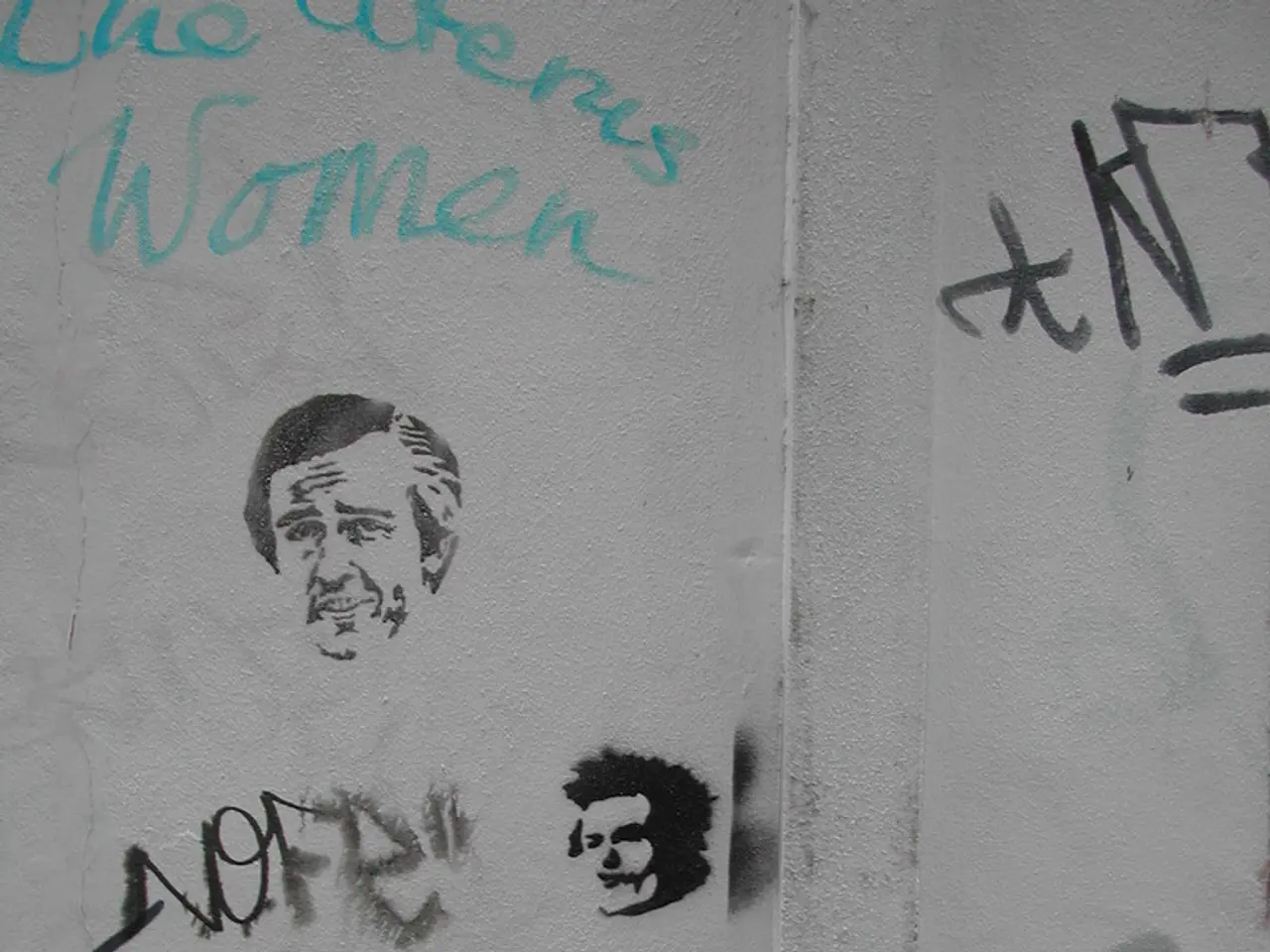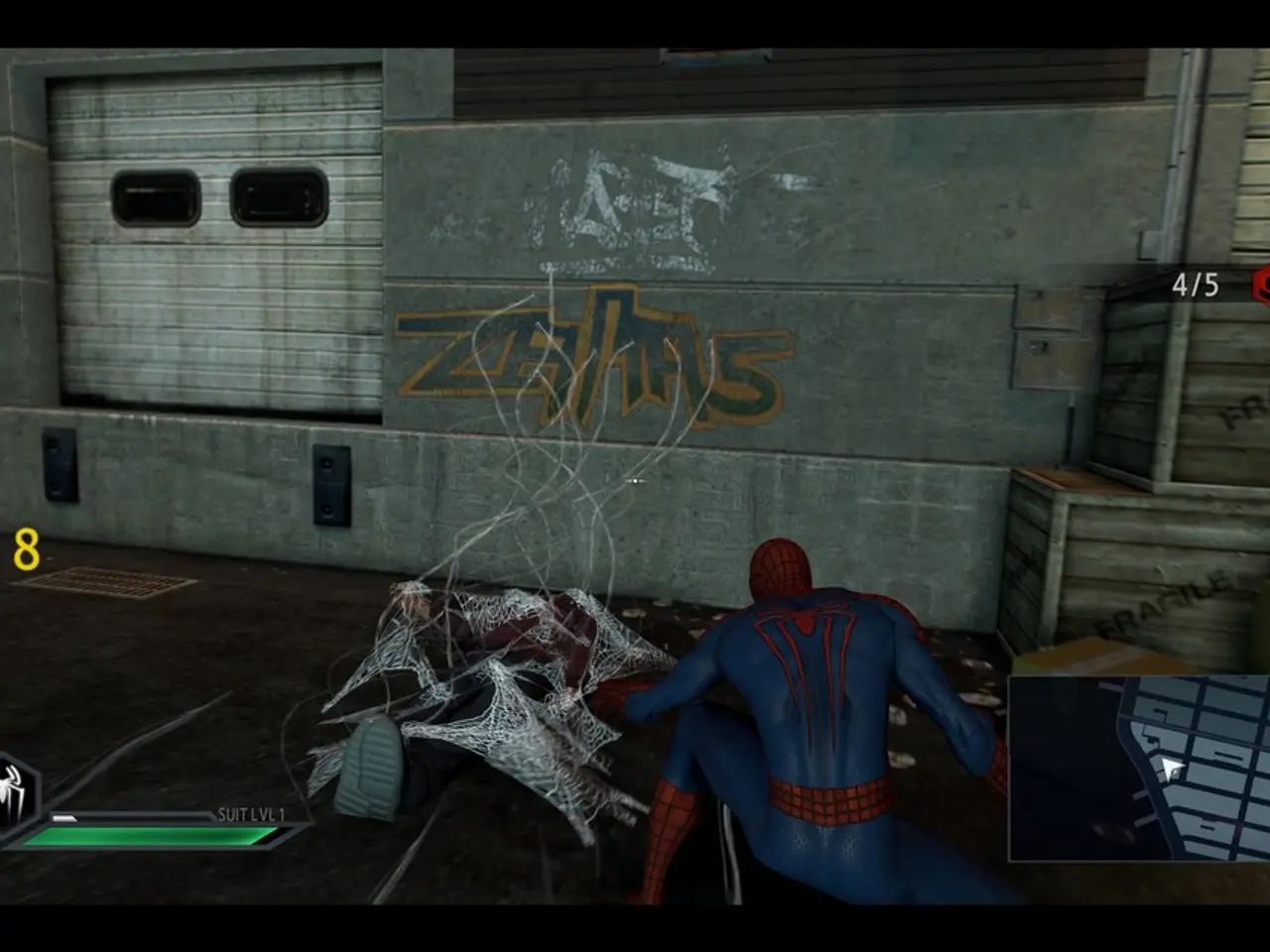Europe's stance on tariffs in the trade dispute with the U.S. is defended by Merz - EU maintaining cautious stance in customs disagreement with U.S., according to Merz
The European Union (EU) has postponed its counter-tariffs on American goods, extending the diplomatic channels between the two parties until at least August 1. This strategic pause aims to avoid an escalation in the ongoing trade dispute, particularly regarding tariffs on steel, aluminum, and cars.
The EU currently faces significant hurdles due to the US import tariffs. These tariffs, imposed under Section 232, stand at 50% on steel and aluminum, 25% on cars and car parts, and 10% on most other EU products. These tariffs have had a substantial impact on EU exports.
There is a tentative agreement in the works where the US might reduce tariffs to a 10% baseline rate on most EU industrial goods, with exemptions for sectors like aircraft and spirits. However, negotiations remain challenging for strategic sectors such as steel, aluminum, cars, and pharmaceuticals.
Friedrich Merz, the leader of Germany's CDU party and a key figure in these negotiations, has publicly emphasized the importance of reaching a swift trade agreement with the US. He views the protracted discussions as "too complicated" and has highlighted the potential negative effects an unresolved dispute would have on Germany’s export-driven economy. Merz prioritizes EU competitiveness and favours a quick resolution over retaliatory measures.
The EU Commission continues to negotiate on behalf of member states, aiming to reconcile internal differences and reach a deal that improves the EU’s trade position relative to the current tariffs. EU member states are split on how to respond to the suspended retaliatory tariffs. Countries with heavy exposure to US trade, such as Germany and Italy, favour a cautious, non-escalatory approach, while others, such as France, advocate a firmer stance to demonstrate strength.
In summary, the EU is exercising restraint by suspending retaliatory tariffs to foster negotiation momentum. Friedrich Merz, as the leader of Germany's CDU party, advocates a pragmatic stance focused on achieving a rapid, balanced trade agreement with the US to protect EU economic interests, particularly in sensitive sectors like steel, aluminum, and automobiles. The goal is to facilitate trade with the US, not just impose tariffs.
- Given the ongoing trade dispute between the EU and the US, the EU Commission has also been asked to submit a proposal for a directive on the protection of the environment, as part of the broader policy-and-legislation and general-news agenda, to strengthen the EU's negotiating position during these delicate political discussions.
- Amidst the complexity of the negotiations, it is essential for policy makers like Friedrich Merz to prioritize policy-and-legislation that ensures the protection of the environment, deeply intertwined with the politics of trade, as a means to demonstrate the EU's commitment to its values while working towards a swift resolution in the trade dispute with the US.





